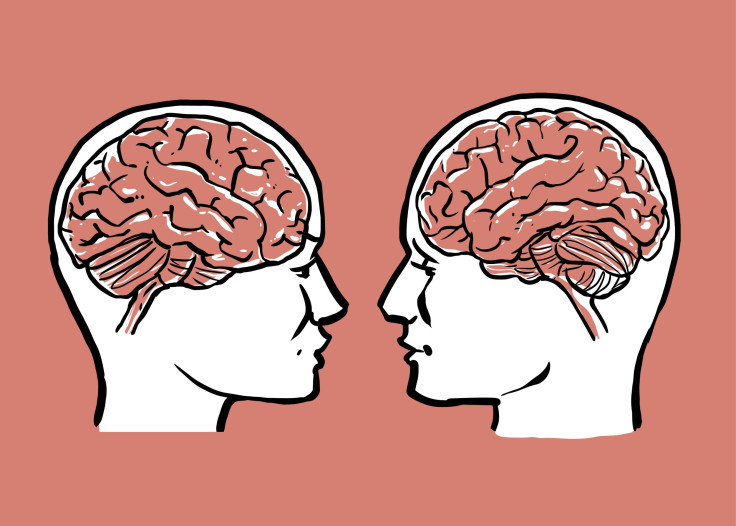Brain Activity Changes When We View A Murder As Justified: Understanding The Criminal Mind

To our brain, not all murders are alike. A recent study explored how we respond to murder and revealed that different areas of the brain are stimulated depending on whether or not the killing is perceived as “justified.” This finding will hopefully shed light on how individuals such as soldiers and police are able to (or unable to) disconnect themselves from killing.
Ideas of morality may differ among cultures, but murder is unanimously accepted as an unacceptable action. This is partly because our brains are conditioned to repel the behavior. As reported by Time, the typical human brain is coded to feel guilt, compassion, and empathy — all emotions that cause inflicting harm on others to be psychologically difficult. While the brain may be hardwired not to murder, that doesn’t mean it doesn’t happen. Scientists at the Monash University in Australia set out to find how the brain bypassed these emotional restraints in order to commit the ultimate crime.
Asking individuals to kill in cold blood in the name of science is an inhumane experiment. Luckily, the researchers thought of a way to stimulate the same emotions without the actual behavior. For the study, 48 subjects were asked to watch three videos on loop. All videos were shown from the point of view of a soldier. The first video depicted a soldier killing an enemy soldier. The second had a soldier killing a civilian. The third was the control video and showed a soldier shooting his weapon but not harming anyone.
Participants were repeatedly asked “Who did I shoot?” and were told to press a button to help put them in the mind of the shooter. They were also asked to rate on a scale of 1 to 7 how guilty they felt in each video. The functional magnetic resonance images (MRI) taken of the volunteers’ brains while they watched the looped videos gave a glimpse into the mind of a killer.
“When participants imagined themselves shooting civilians compared to soldiers, greater activation was found in the lateral orbitofrontal cortex (OFC), an important brain area involved in making moral decisions," lead researcher Dr. Pascal Molenberghs explained in the press release. "The more guilt participants felt about shooting civilians, the greater the response in the lateral OFC. When shooting enemy soldiers, no activation was seen in lateral OFC."
Based on these results, Molenberghs hypothesized that the neural function which occurs during killing is less activated when it’s a “justified killing,” showing for the first time how significant a role guilt has in specific brain activation.
Though a small study, Molenberghs and his team hope their findings can help to further explore how people can become desensitized to violence and killing.
Source: Molenberghs P, Ogilvie C, Louis WR, Decety J, Bagnali J, Bain PG. The neural correlates of justified and unjustified killing: an fMRI study. Social Cognitive and Affective Neuroscience. 2015.



























